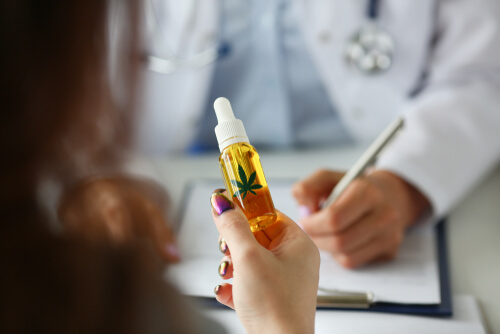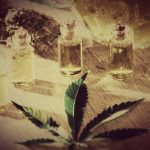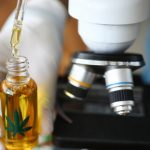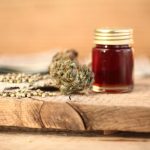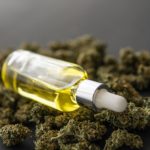Commonly Asked Questions About Hemp Farming
October 10, 2020
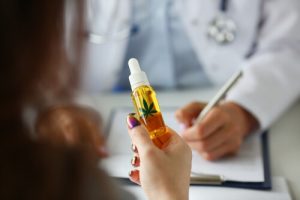
Hemp Derived CBD
Hemp farming has grown into a huge industry with hemp derived CBD attaining popularity. The US Farm Bill that legalized hemp derived CBD have a major boost to the hemp industry. Industrial hemp has been cultivated for many centuries for making textiles, sails, and more. Its seeds are nutritious food supplements.
In this article, we address the common questions people have about hemp farming.
What Are The Ideal Growing Conditions For Hemp?
Hemp can survive in almost all habitats except extreme desert conditions and high mountains. However, you can expect the best productivity in warm areas with well drained soil that has rich organic content. Grounds with excessively wet soils are not good for hemp cultivation. High fertility combined with low weed pressure is desirable for hemp farms.
Before starting hemp cultivation, get the soil tested to ensure that the levels of elements like sulfur, rock phosphate and potassium sulfate are at the right levels. It takes between 108 and 120 days for the hemp growing cycle to be complete.
How To Sow Hemp Seeds?
It is important to till the soil before sowing the seeds. Prepare a shallow soil bed for planting the seeds.
Rather than planting hemp seeds in a pot and transferring the plants to the soil later, it is best to plant the hemp seeds directly in the soil. Plant the seeds after the final frost so that the seeds germinate quickly and have greater yield potential.
Set the planting depth to between ½ and ¾ inch and maintain a distance of about 4 inches between the seeds. After all the seeds are planted, roll and pack the soil.
How To Take Care Of Hemp Plants?
Irrigation is very important, especially during the first six weeks after the seeds are planted in the soil. There is no denying that hemp plants are drought tolerant but they are quite fragile and sensitive during the initial days.
Can We Grow Hemp Organically?
Organically grown hemp has a greater market value. In fact, people mostly prefer their CBD products to be derived from organically produced hemp. Because hemp doesn’t require much supplementary nutrition and has reasonable pest-resistance, growing it organically is easy. Also, the crop grows at a greater pace than most surrounding weeds.
Taking adequate care during farming is important to ensure the yield and quality of the final farm product. Hemp tends to accumulate the toxins in the soil, explaining why experts suggest growing it in soils free of pollutants.

